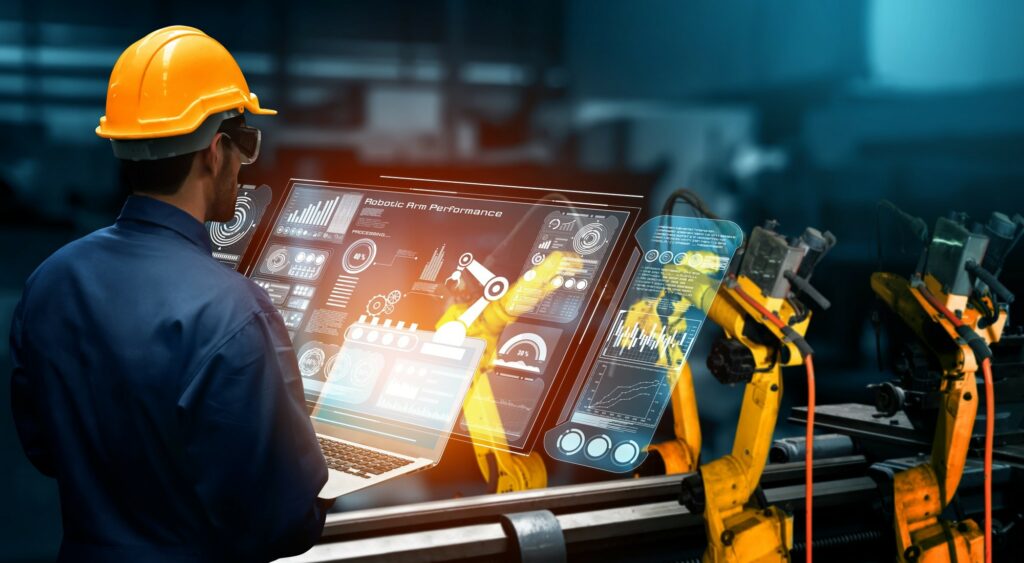It has never been more important for a brand to know who, exactly, is making its products. A case in point: A summer 2020 Sunday Times investigation revealed that during the COVID-19 pandemic, workers making clothes for “ultrafast” fashion brand Boohoo toiled for less than minimum wage in cramped conditions, with lax safety measures in place.1 Though Boohoo claimed that the factory was not a direct supplier, it lost more than 1.5 billion euros ($2 billion U.S.) in market value in the immediate aftermath of the Times report.2 As Boohoo discovered, suppliers can pose serious risks to a company’s reputation and finances, and the nature of the modern supply chain — global, complex, and frequently opaque — only increases the dangers. Companies that outsource manufacturing often discover that their suppliers rely in turn on layers of subcontractors, often without the buyer’s knowledge or approval. Making matters worse, these unauthorized subcontractors are more likely to operate unsafe workplaces, engage in unfair labor practices, and violate health and environmental laws.
AMI Awarded $2M Grant from Florida Department of Commerce to Deploy Smart Manufacturing Lab
TALLAHASSEE, FL – Advanced Manufacturing International (AMI) has been awarded a $2M grant

